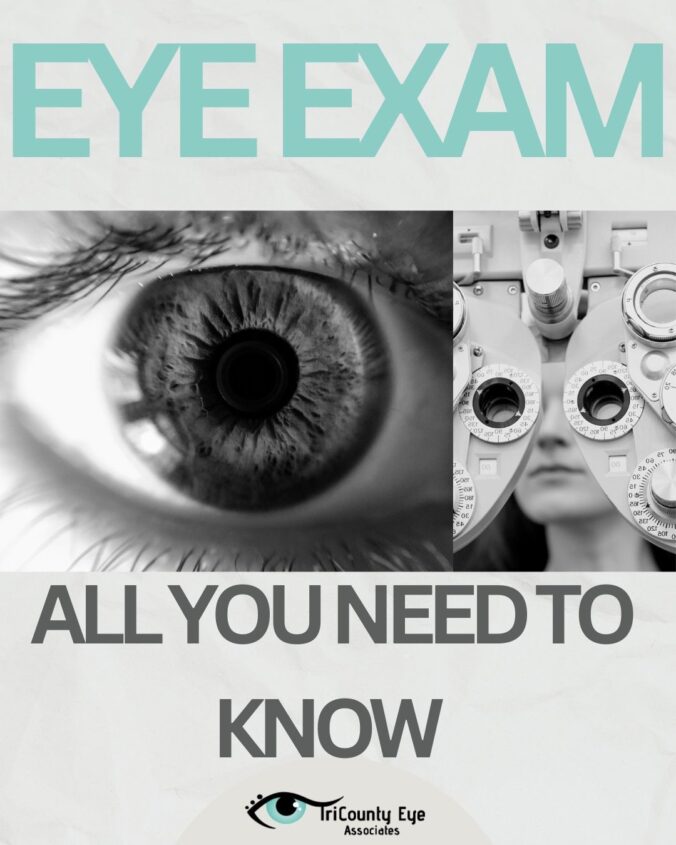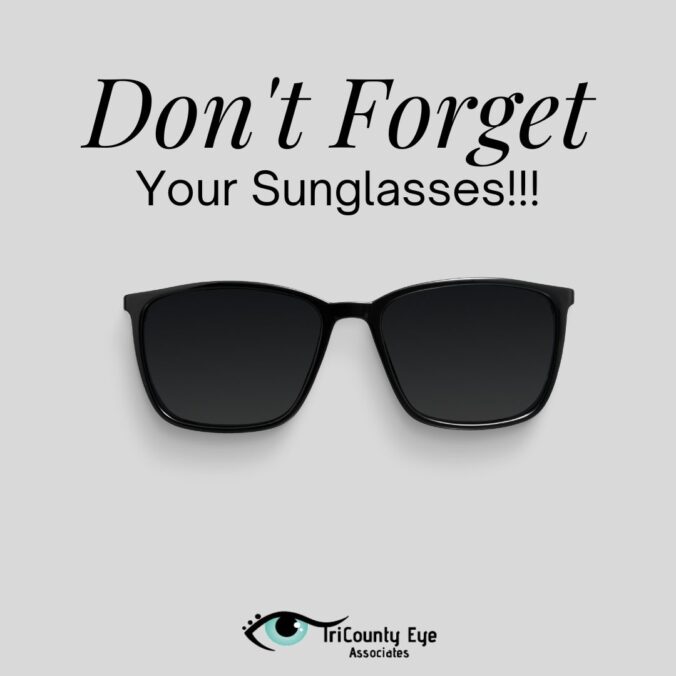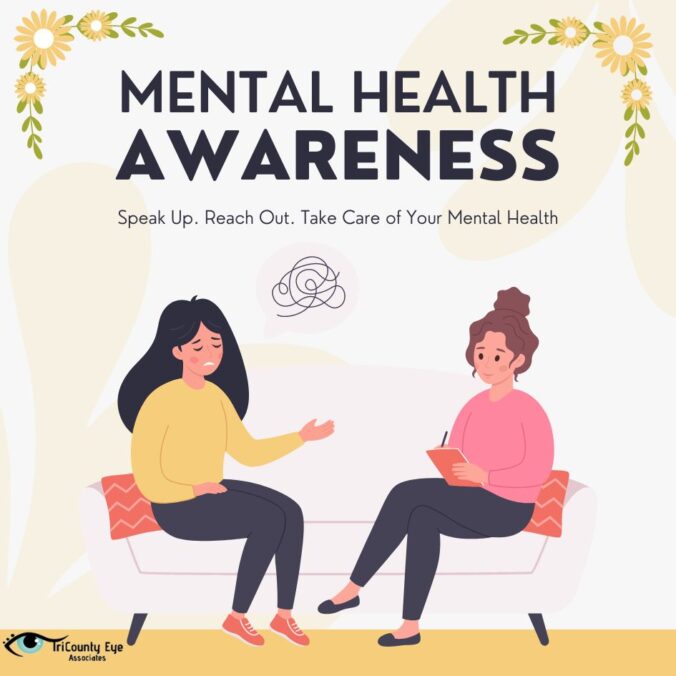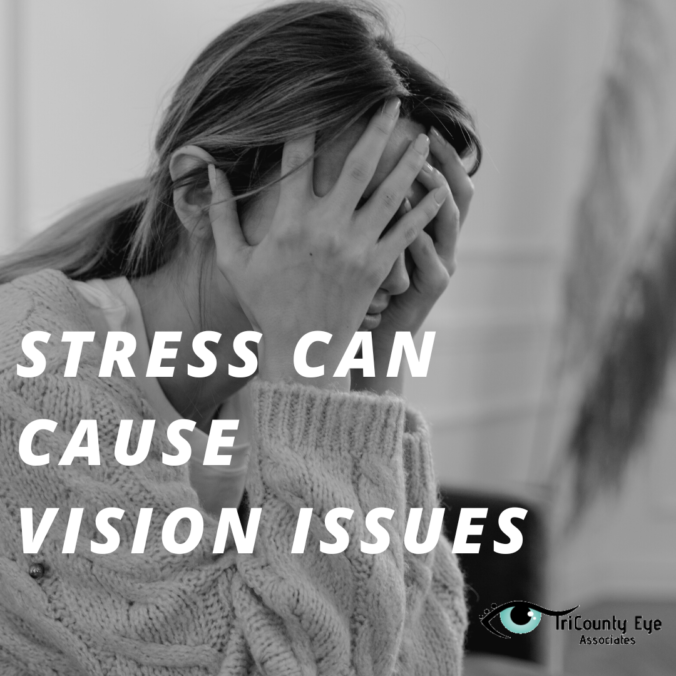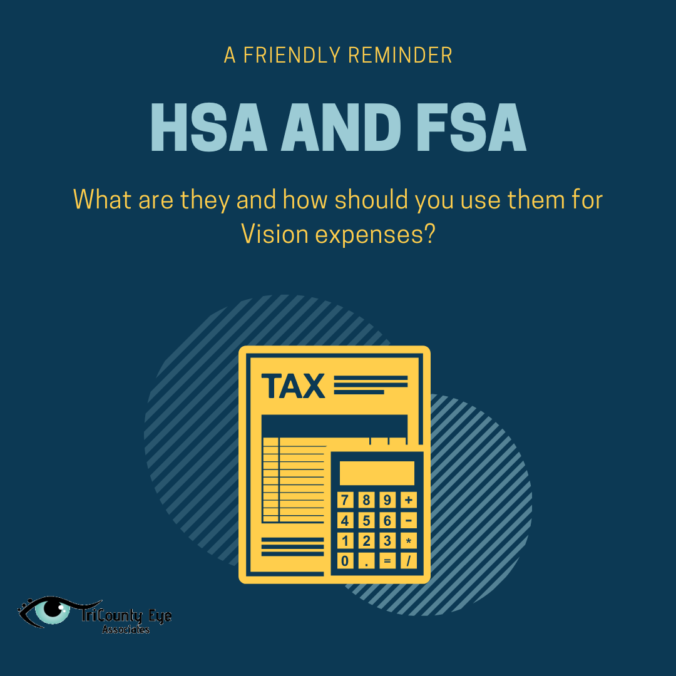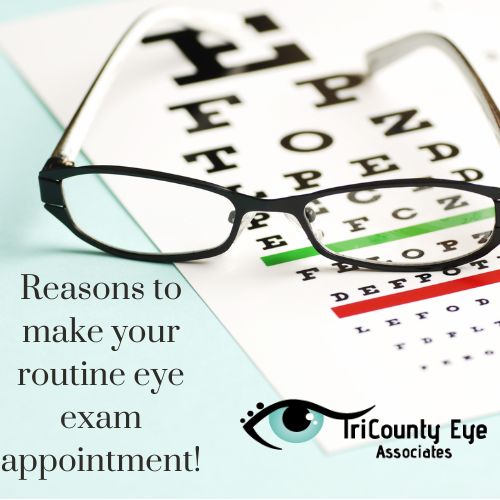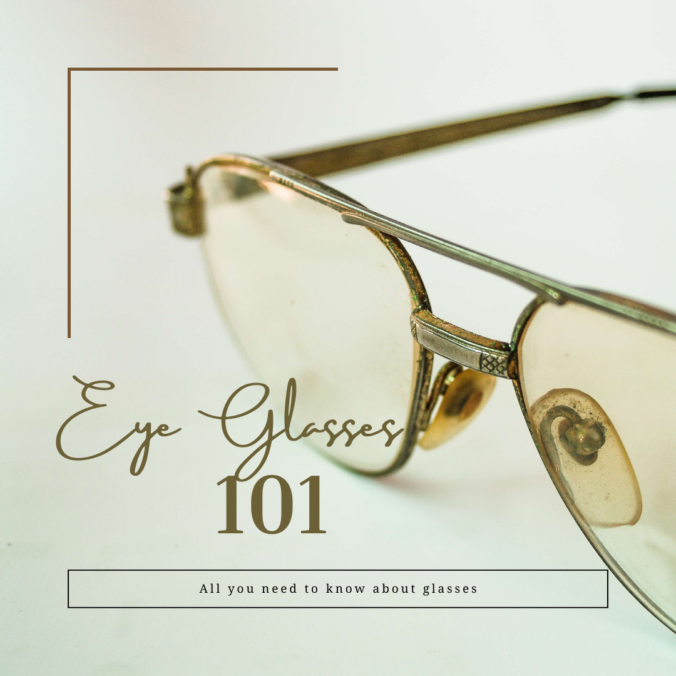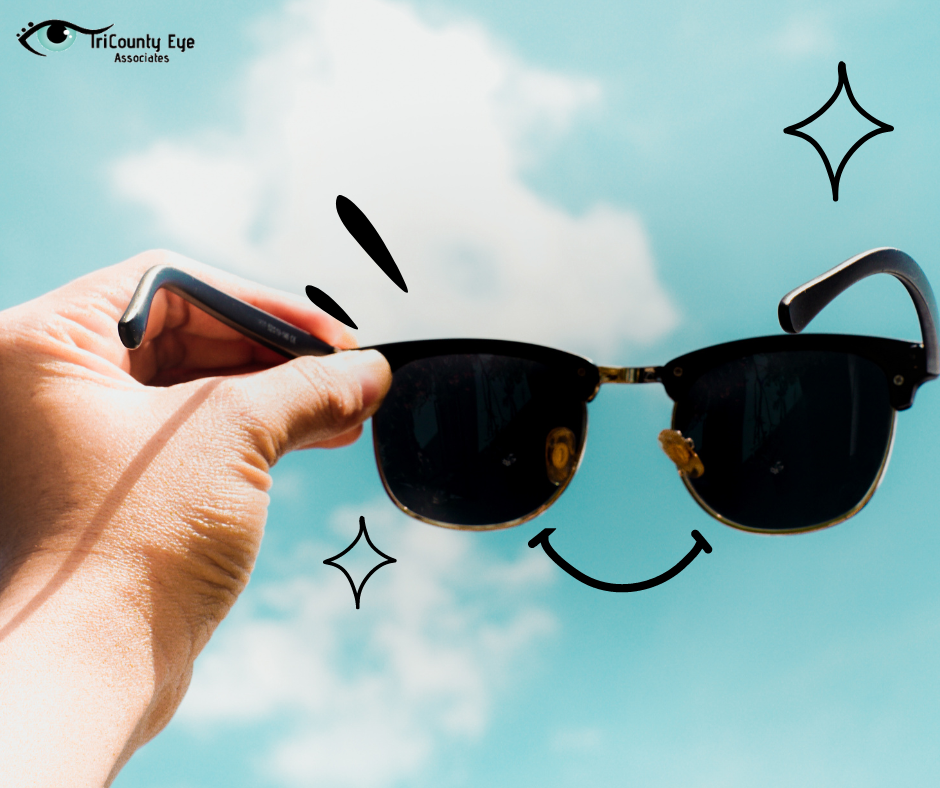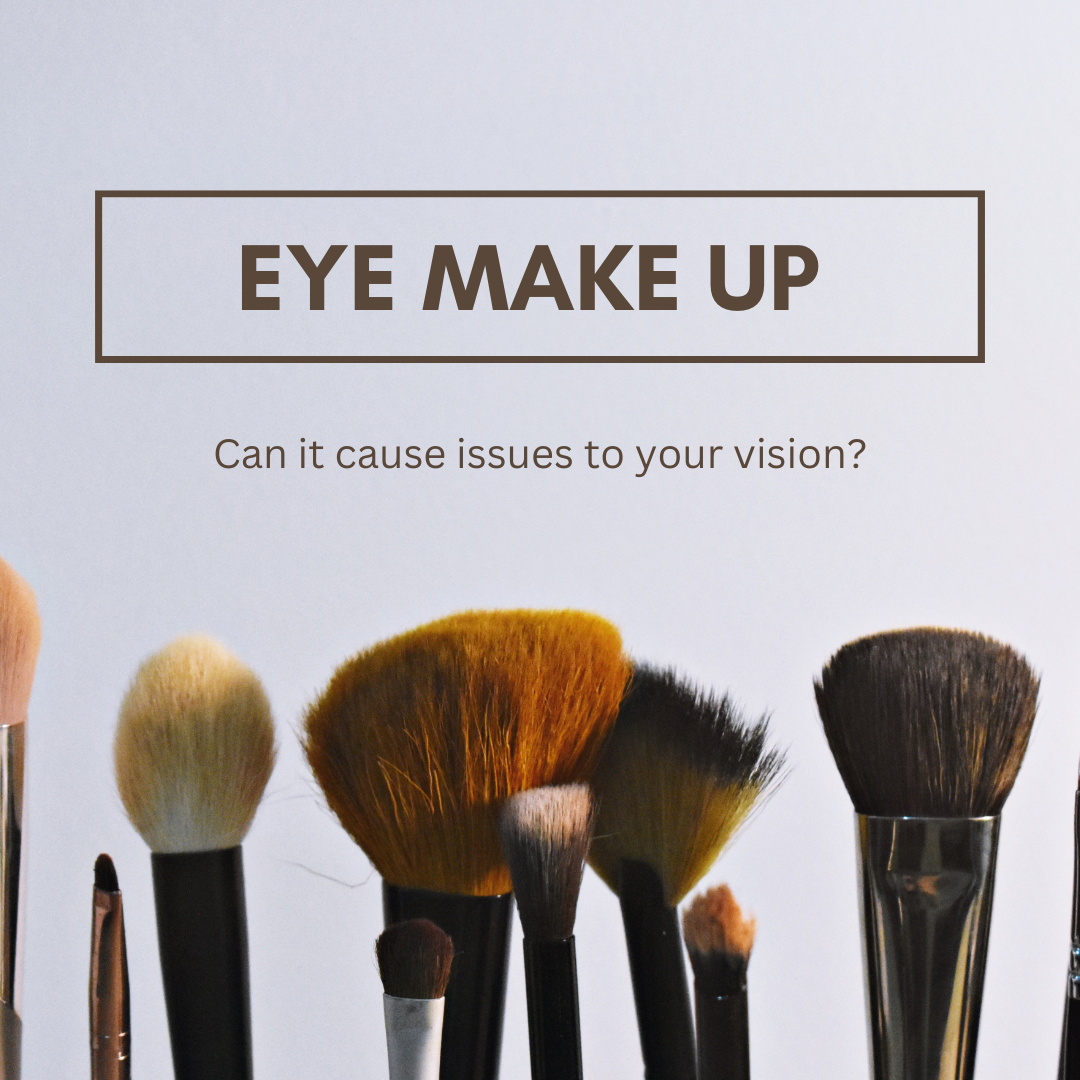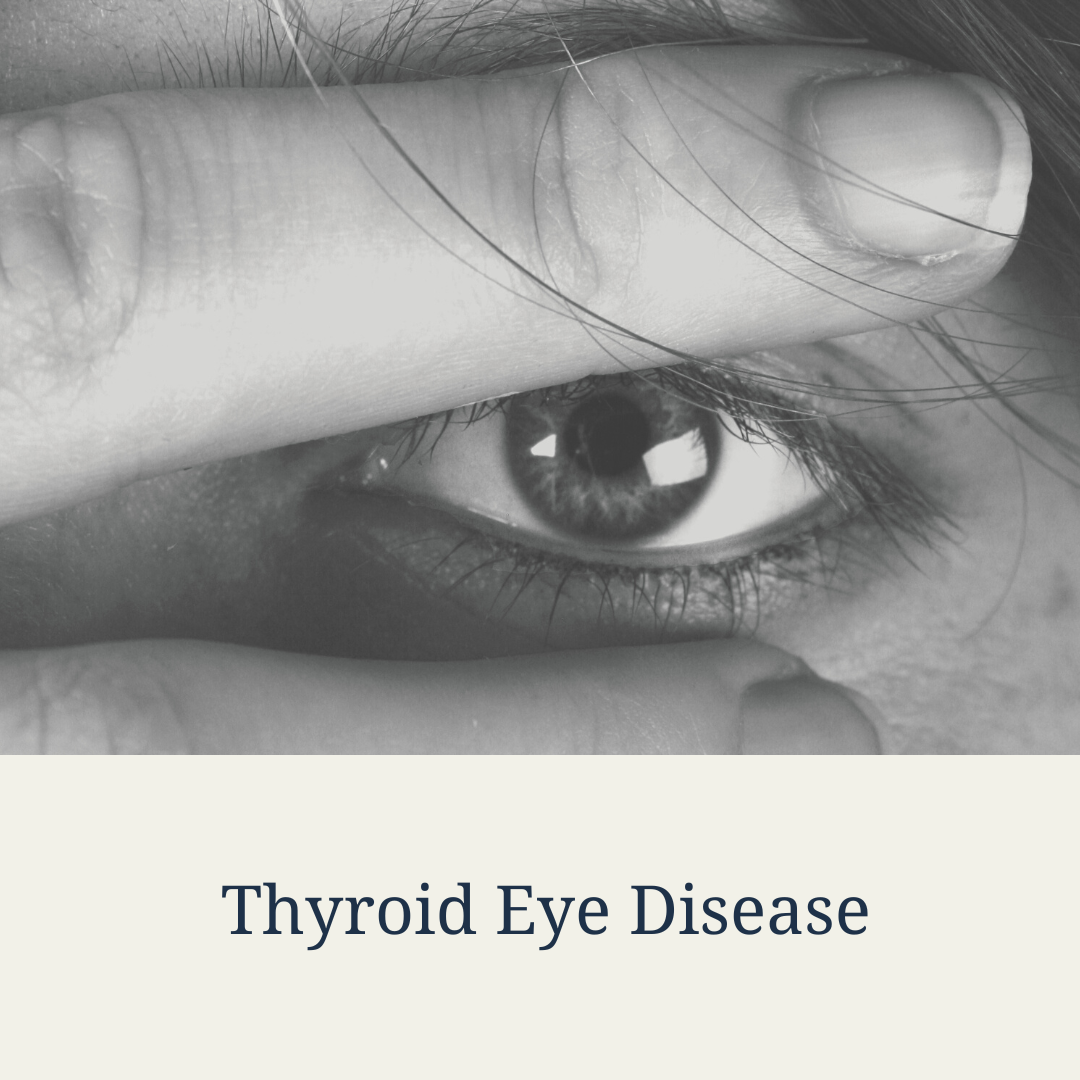As we grow older, it can get easier and easier to let things like your regular eye exams slip through the cracks. We wanted to re-visit this topic because there are so many reasons to have your eye’s examined regularly. There are implications of other health concerns that can be caught in an eye exam. It can be easy to think your vision doesn’t need any correction, until you get an exam and realize you haven’t been seeing the world as clearly as you could have been!
Why You Need to See a Doctor
Eye diseases are can go unnoticed with no symptoms for a long time before they cause harm. If you are regularly seeing a doctor, they can notice changes in your eye before symptoms occur. If caught early enough some diseases can be treated to prevent vision loss later on.
We actually offer a specific service not all eye doctors have, the Optomap Prime, which allows our doctors to do a comprehensive eye exam without having to dilate your eyes. This new technology takes away the invasive process of dilation that can deter some people from their regular eye exam. Make sure to ask us about this at your next visit.
An eye doctor is going to examine a few different things in your eye exam such as:
- visual acuity (sharpness)
- depth perception
- eye alignment
- eye movement
In addition to catching eye issues early, an eye exam may also be able to catch other health conditions like high blood pressure or diabetes. They can let you know what they find so you can follow up with your primary care doctor.
Regular Eye Exams Save Vision
Like we were saying, if some eye conditions are caught early enough, there are treatments that can help to save your vision. An eye exam can catch some common eye diseases. Some common eye diseases that can lead to permanent vision loss are:
- Cataracts – this is a clouding of the eye lens and is the leading cause of vision loss in the US.
- Diabetic Retinopathy – this causes damage to blood vessels int he back of the eye.
- Glaucoma – this describes a group of diseases that damage the optic nerve.
- Age Related Macular Degeration – this is a gradual breakdown of the light sensitive tissue in the eye.
We have published blogs on each of these conditions, if you are looking for a deeper dive into them check out the other blogs on our website.
How Often Should You Have an Eye Exam?
It is very important for children to have their eyes examined frequently as they are growing. There are some learning disabilities that can be misdiagnosed vision problems, and you won’t know until your child has an exam. It is recommended that children get at least one exam between the ages of 3 and 5. Ideally school aged children should be examined every year, especially if you are noticing any issues with focusing at school.
People with diabetes should have a dilated eye exam every year and people who are at higher risk for glaucoma should have a dilated exam every two years.
If you can’t remember when your last exam was, it is probably a good idea to schedule one!

